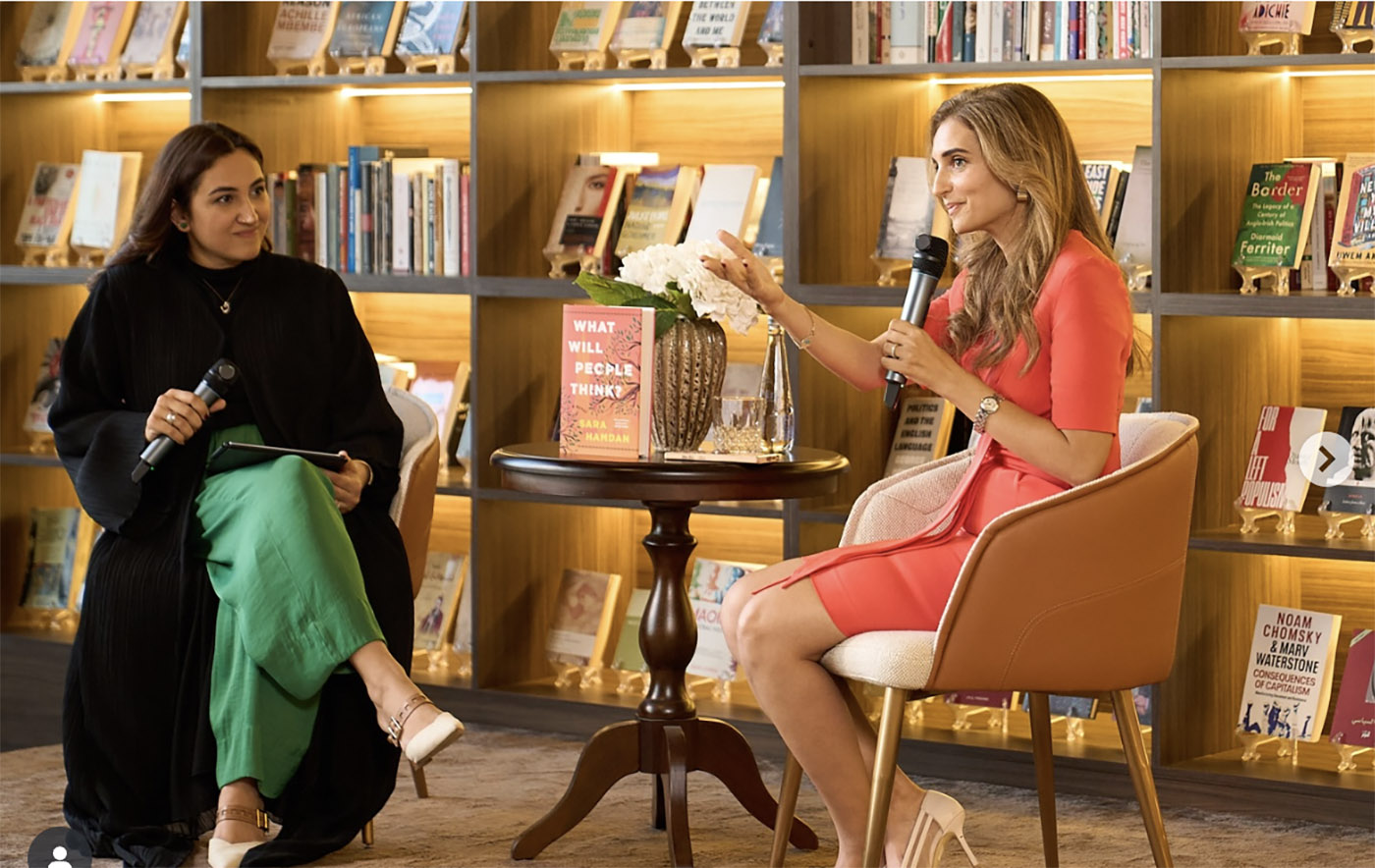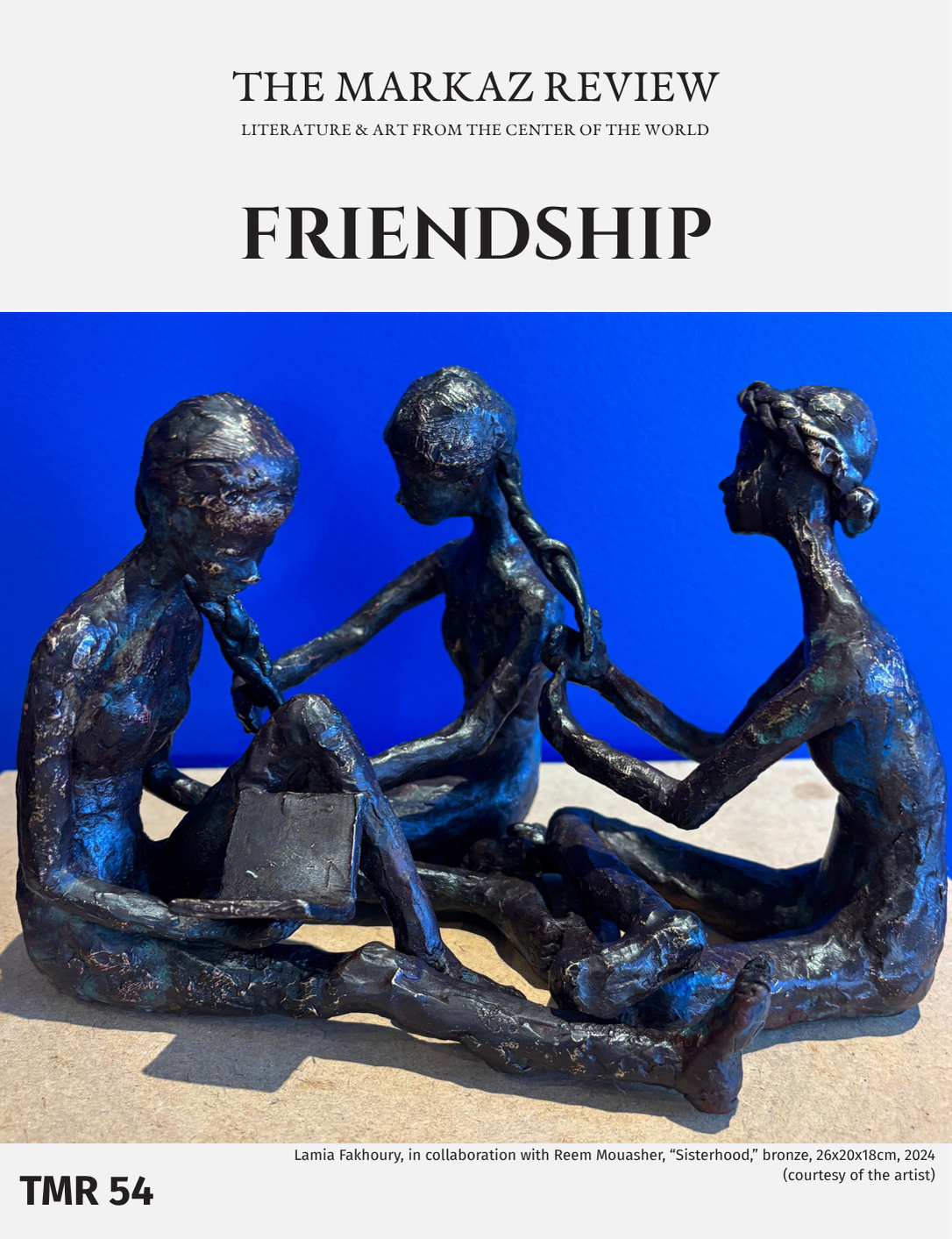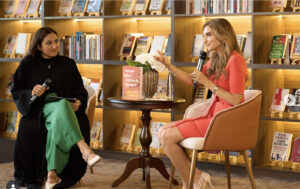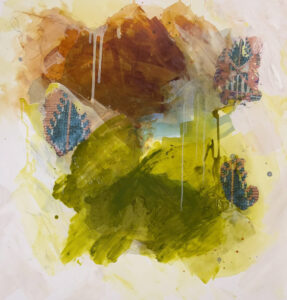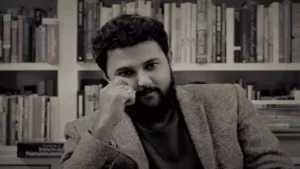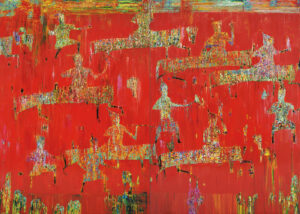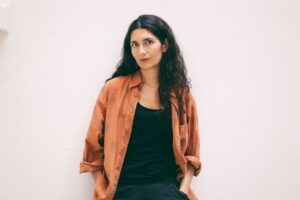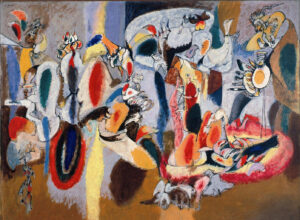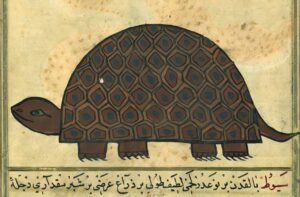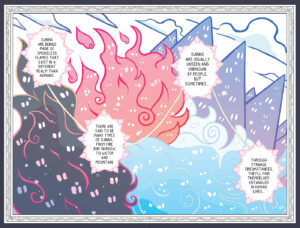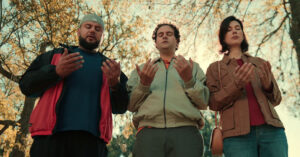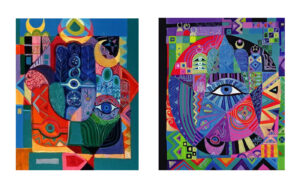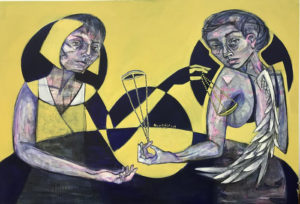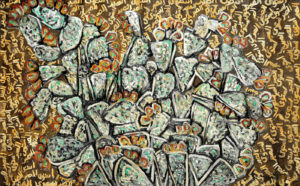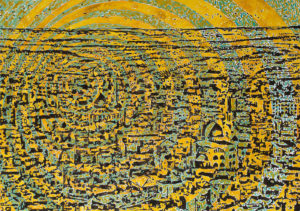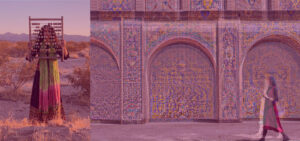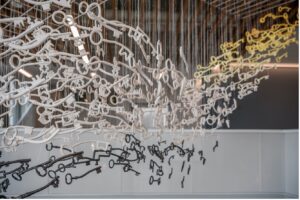Sara Hamdan's debut novel finds genuine humor in the complexities of Arab American identity.
What Will People Think?, a novel by Sara Hamdan
Henry Colt & Co 2025
ISBN 9781250329813
“No, no, relax, I didn’t say there is a bomb onstage!” quips Mia Almas, the protagonist of What Will People Think? to a comedy club crowd. “I’m just saying that I killed it tonight. Killed the set!” With this punchline, Sara Hamdan signals exactly what kind of novel she’s written: bold, self-aware, and unapologetically funny. Of all Mia’s comedic observations throughout the book, this moment stood out as one that perfectly encapsulates how Arab Americans must constantly navigate linguistic landmines, turning potential misunderstandings into sources of humor rather than shame.
By choosing comedy as a central theme, Hamdan sets her work apart from other Arab American fiction, which often relies on the binary “us versus them” narrative that typically simplifies the complexities of cultural identity.
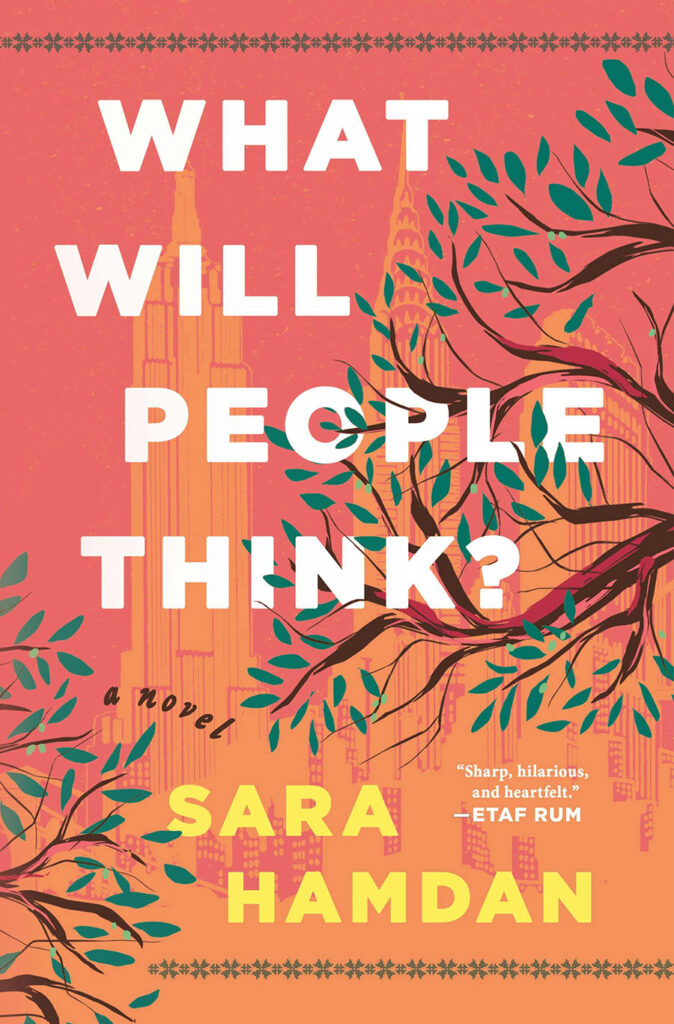
The novel follows Mia Almas, a Palestinian American fact-checker living in New York City, who compartmentalizes her life to navigate clashing expectations. By day, she maintains the polished, respectable image expected by her traditionally minded Palestinian grandparents — elders who place great emphasis on family reputation with constant reminders of “What will people think?” By night, she performs at Manhattan comedy clubs, mining her Arab American identity for laughs while hiding this secret occupation from her family.
Mia’s comedic repertoire includes bits about adopting fake accents to navigate social situations. “I have to confess that sometimes I do fake an accent,” Mia tells her audience. “It helps me get into the cool places… Hola, I’m Valeria, I come from Colombia for one week for festival de la salsa! I come in please? Muchas gracias, papi…” This tactic speaks volumes about the stigmas Arabs have faced in the United States, particularly since 9/11, when some Arab Americans resorted to code-switching or obscuring their ethnic identity to feel safer. As Mia jokes, “It’s not all bad. To be honest, people often mistake me for Brazilian, Italian, or Kardashian — basically anything off-white-ian.”
Mia’s limited social world includes her editor Jackson, a half-Black, half-Latino man whose relaxed demeanor and daily chocolate gifts provide steady support. “You think I’m pretty?” Mia asks Jackson. “Pretty? Stop it, you are gorgeous, Mia, and you know it,” Jackson responds. “Sweet and smart, too. The kinda girl you bring home to mama.” Mia’s growing attraction to Jackson reveals her longing for connection with someone who, like her, straddles multiple identities, and offers a glimpse of authentic, integrated living.
By choosing comedy as a central theme, Hamdan sets her work apart from other Arab-American fiction, which often relies on the binary “us versus them” narrative that typically simplifies the complexities of cultural identity.
When Mia’s grandmother gives her a secret journal, she discovers family secrets that spark identity confrontations and difficult choices about honesty and belonging.
The novel has garnered glowing praise from Publishers Weekly, Library Journal, Booklist, and Forbes, with Palestinian American comedian Mo Amer blurbing it “superb… a timely yet timeless story.”
Hamdan’s work sits alongside contemporary Arab American fiction like Etaf Rum’s A Woman Is No Man, though while Rum focuses on domestic violence and the oppressiveness of a traditional family, Hamdan takes a lighter approach through comedy and romance. Unlike politically charged works such as Susan Abulhawa’s Mornings in Jenin, which directly confronts the trauma of the 1948 Nakba and Palestinian displacement, Hamdan opts for a subtler approach, exploring Palestinian history through personal family secrets revealed in her grandmother’s handwritten journal. This approach aligns her more closely with writers like Laila Halaby, whose West of the Jordan portrays Arab American women negotiating identity, tradition, and modernity.
Hamdan’s background as a Palestinian American journalist and former Google editor serves her well in crafting authentic dialogue and cultural observations. She boldly explores taboo topics like premarital sex, virginity, asexuality, and intercultural marriage with both sensitivity and humor.
However, the novel’s structure falters as Hamdan attempts to juggle too many elements within roughly 300 pages — professional aspirations, romance, family dynamics, and historical revelations about her grandmother’s past in 1940s Palestine. The final chapters feel rushed, offering neat resolutions to all the narrative threads regarding Mia’s hidden career, romantic feelings, and generational misunderstandings, with an overly optimistic tone that undercuts the emotional complexity developed earlier.
The historical sections are presented through an omniscient journal perspective that defies diary logic by jumping between different characters’ thoughts. A more believable approach would have grounded these entries solely in the grandmother’s perspective. Additionally, it’s hard to imagine how Mia, with rusty Arabic skills, could translate the journal at such a pace using only Google Translate, especially before generative AI existed.
Side characters, while providing cultural color, feel disconnected from Mia’s journey. Arab neighbors like Phaedra share intimate stories. “After all those years of patiently waiting, we finally did it, you know, it. And the next morning, I could feel a shift, like a cold spell. In the weeks that followed, he stopped saying he loved me, ignored my calls, texted hours later. When I finally confronted him, he said I was damaged.” These conversations, however, about sexuality and cultural expectations don’t drastically influence Mia’s growth or choices.
What Will People Think? is worth reading for Hamdan’s evident talent, particularly her sharp comedic voice, natural dialogue, and ability to tackle sensitive topics with levity. Her narrative is strongest when leaning into personal and cultural tensions through Mia’s internal conflicts and comedy routines. Despite pacing issues and underdeveloped supporting characters, Hamdan achieves her goal of bringing humor to Arab American fiction while maintaining authenticity. With tighter focus and more refined pacing, Hamdan is poised to become a standout voice in Arab American literature.
Dubai-based writer Sara Hamdan is a Berkeley and Columbia graduate, and a former Merrill Lynch banker, New York Times journalist, and editor at Google. After winning a Netflix short story award, she received the First Chapter: Emirates Literature Foundation Seddiqi First Chapter Writers’ Fellowship for her debut novel, What Will People Think? Sara is Palestinian American, raised in Greece, and has called Dubai home for twenty years. When she’s not typing away at her laptop, she loves to spend time at the beach with her husband and two kids.



